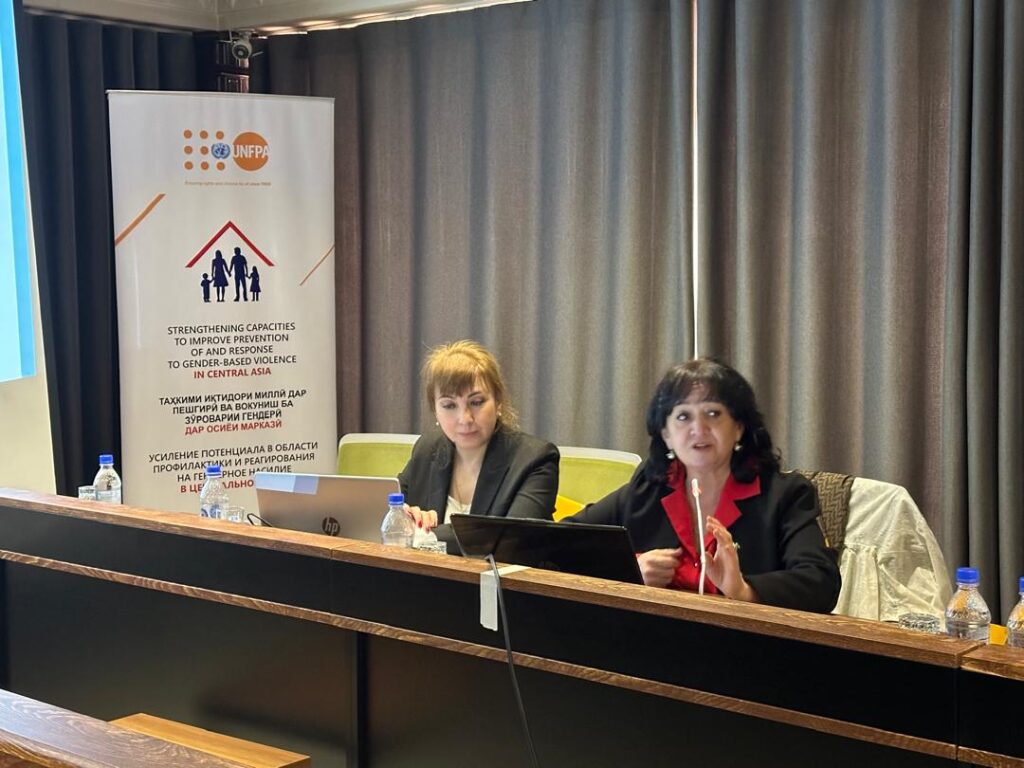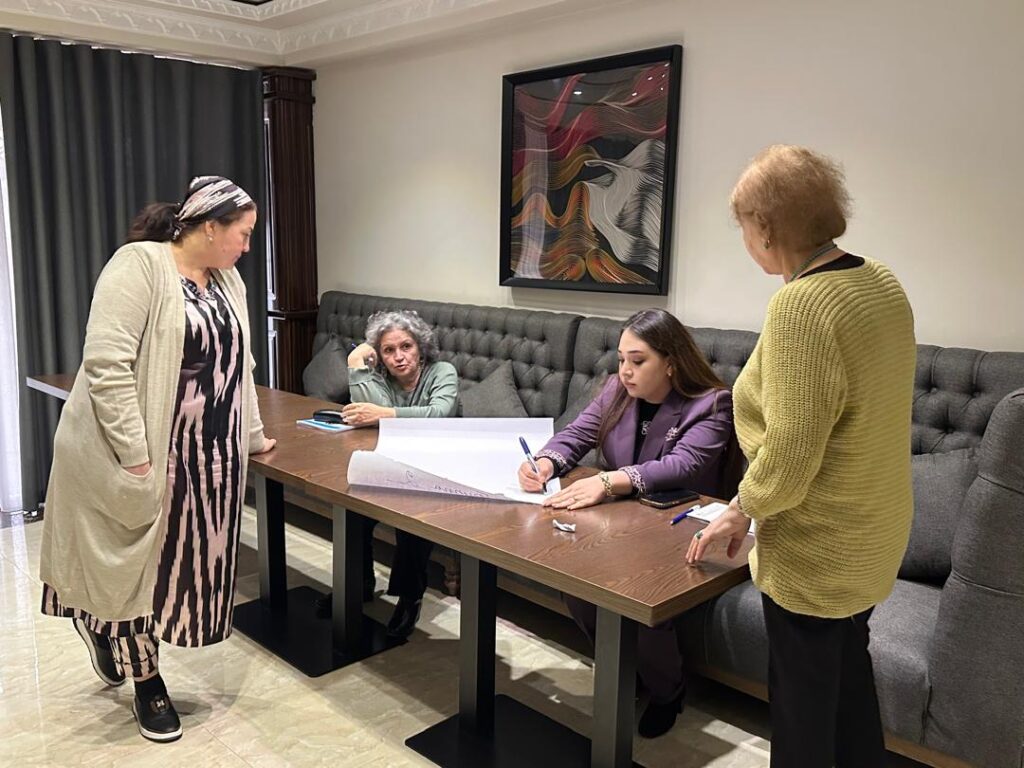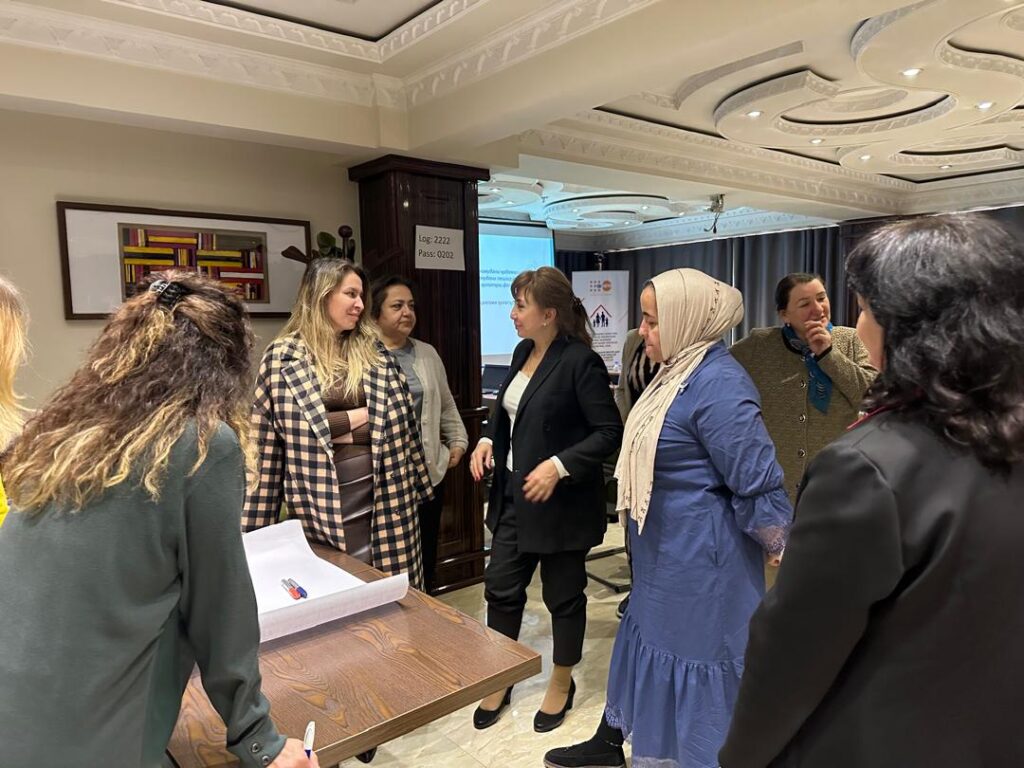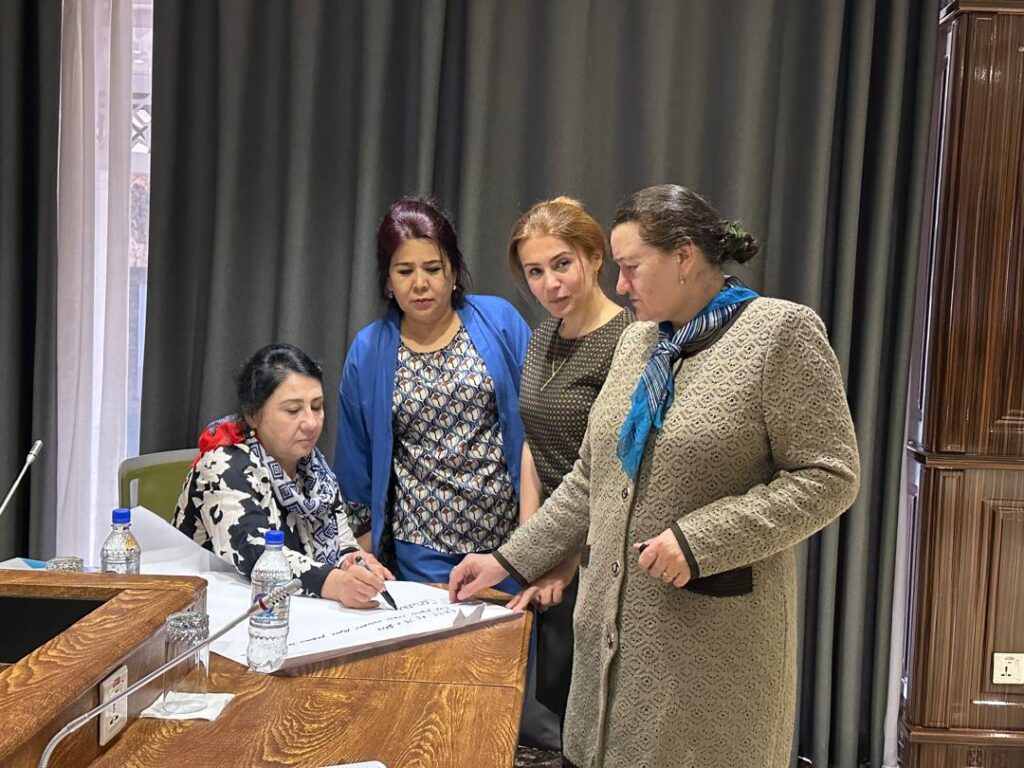Dushanbe, March 28, 2025 — A round table discussion was held in Dushanbe focusing on the analysis and enhancement of mechanisms for the prevention of gender-based violence (GBV) in emergency situations. The event brought together key stakeholders to explore coordinated responses to one of today’s most urgent challenges.
In the context of natural disasters, armed conflicts, and other crises, the incidence of gender-based violence significantly increases. Women and girls become particularly vulnerable, highlighting the need for a comprehensive approach to prevention and response. The round table addressed practical measures to protect and ensure the safety of women and girls in such circumstances.
A dedicated working group presented its ongoing efforts to analyze existing prevention mechanisms and proposed recommendations to strengthen strategies and implement practical solutions aimed at mitigating GBV in emergencies.
Participants emphasized the importance of interagency cooperation and joint action among government institutions, international bodies, and civil society organizations. The discussion covered a wide range of topics, including the role of national authorities, the international community, and NGOs in safeguarding women and girls during crises.
The round table also highlighted the critical need for public awareness campaigns, education initiatives, and robust support systems for survivors of violence. Participants expressed their commitment to continue collaboration and reinforce actions at all levels.
The event was organized by the Public Organization Gender and Development, with the support of the Committee for Emergency Situations and Civil Defense under the Government of the Republic of Tajikistan, within the framework of a project implemented by the United Nations Population Fund (UNFPA) with financial support from the Government of the United Kingdom.
The views expressed during project activities and publications do not necessarily reflect the official positions of the Government of the United Kingdom or UNFPA.







